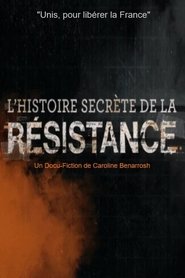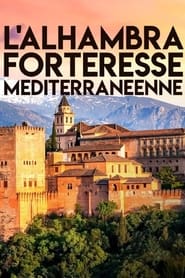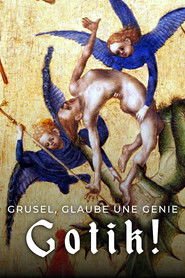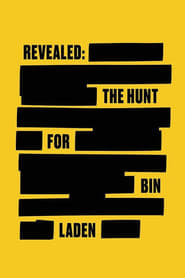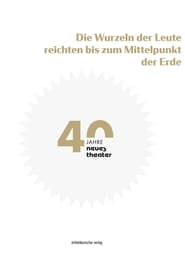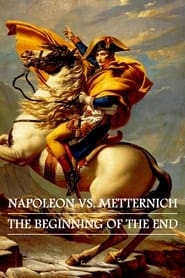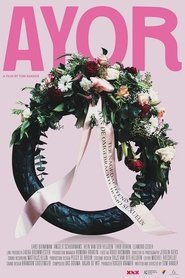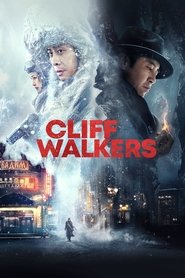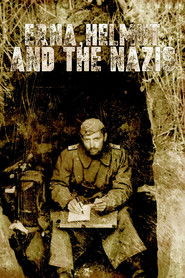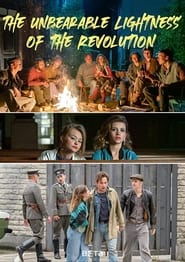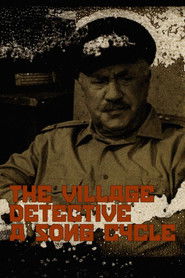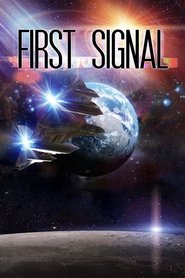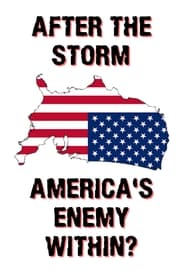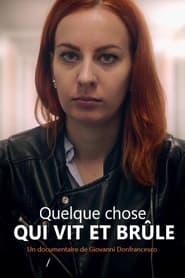New History Movies on Pantaflix - Page 188
-
The Alhambra: Fortress of Andalusia
2021
star 8.3An examination of the artistic and construction techniques, architecture and design of this immense fortress in the south of Spain, built mainly by the Nasrid dynasty in the 13th century. Its outward austerity conceals an explosion of refinement and ornamentation, gardens and marble fountains in the grandest tradition of Moorish style and Islamic art of the period. -
The Genius of Gothic Art
2021
star 7.8Death and the devil, nudity and eroticism, horror in blazing colours, Gothic art cast a spell over people 500 years ago. In these image-poor times, art deliberately and skilfully played with the emotions of the viewer, triggering fear, devotion, but also rapture. Art documentary on German gothic art of the late-middle ages. -
Revealed: The Hunt for Bin Laden
2021
star 4The History Channel marks the 20th anniversary of 9/11 with a new groundbreaking documentary about the biggest manhunt in human history. This documentary draws on interviews and stories told in the Museum's special exhibition of the same name, and features interviews with Jan Seidler Ramirez, chief curator and executive vice president of collections, to tell the sweeping tale, linking policy, intelligence, and military decision-making as they converged on a mysterious compound in Abbottabad, Pakistan. -
Die Wurzeln der Leute reichten bis zum Mittelpunkt der Erde
2021
40 years of Neues Theater Halle means 40 years of theater history and stories that have been lived and experienced. It began with the initiative of actor and director Peter Sodann, who, with the participation of his acting ensemble, built a theater in the center of Halle (Saale) that is unique in Germany. It continued through the peaceful revolution and the growth in audience numbers in the period after 1989/90, and ended with the end of his tenure as founding artistic director. -
Haymarket: The Bomb, the Anarchists, the Labor Struggle
2021
The Chicago Haymarket tragedy, where a bomb thrown into the ranks of Police was followed by an eruption of panic and violence resulting in a trial and execution of presumably innocent workers' rights activists, is examined in this feature documentary film. Expert historians and professors present the history of the bomb, the anarchist movement of the 19th century, and the labor struggle of working people fighting for a shorter work day during the industrial might of America's Gilded Age. -
Napoleon vs. Metternich: The Beginning of the End
2021
star 7On June 26, 1813, Austrian Foreign Minister Klemens von Metternich went to meet Napoleon Bonaparte at his headquarters in Dresden, in the Kingdom of Saxony. Although the French emperor still dominated Europe, the disastrous Russian campaign had sapped his military power. Could France continue to count on Austria's support? A nine-hour private meeting would decide the fate of Europe. -
AYOR
2021
AYOR
2021
star 1In 1970, during the annual Dutch national commemoration of those fallen in World War II, two men try to make a statement against gay discrimination. In the moments before and after the incident, their doubt, fear and firm belief becomes clear. -
Cliff Walkers
2021
Cliff Walkers
2021
star 6.7In the puppet state of Manchukuo in the 1930s, four Communist party special agents, after returning to China, embark on a secret mission. Sold out by a traitor, the team find themselves surrounded by threats on all sides. -
Erna, Helmut and the Nazis
2021
star 7.3Germany, 1929. Helmut Machemer and Erna Schwalbe fall madly in love and marry in 1932. Everything indicates that a bright future awaits them; but then, in 1933, Adolf Hitler and the Nazi Party rise to power and their lives are suddenly put in danger because of Erna's Jewish ancestry. -
The Unbearable Lightness of the Revolution
2021
star 6.7East Germany, 1988. 19-year-old Franka doesn't really care for politics. She prefers going to the disco and dreaming about seeing Bruce Springsteen and Michael Jackson live in concert. But beneath her carefree façade, she is scarred by the loss of her baby brother. But then she meets Stefan: He's young, idealistic, and part of an environmental activist group. A mix that makes Franka instantly make fall for him – and his group, which welcomes her with open arms. But this wild, revolutionary influence does not stay unnoticed: Her mother, who's with the Party, is worried about Franka. As Stefan's group loses the support of the church, leaving them vulnerable to the state, Stefan and Franka are soon in the government's line of fire… -
The Village Detective: A Song Cycle
2021
star 4Atlantic Ocean, off the coast of Iceland, July 9, 2016. The surprising discovery of a canister —containing four reels of The Village Detective (Деревенский детектив), a 1969 Soviet film—, caught in the nets of an Icelandic trawler, is the first step in a fascinating journey through the artistic life of film and stage actor Mikhail Ivanovich Zharov (1899-1981), icon and star of an entire era of Russian cinema. -
Counter Histories: Rock Hill
2021
They stood up for their rights by sitting down at the counter of the Rock Hill Five and Dime. Orders of coffee were met with violence, police brutality and unjust imprisonment, turning a peaceful protest into a landmark of the Civil Rights Movement. -
First Signal
2021
First Signal
2021
star 3.5When Air Force Space Command receives a signal from an alien satellite in Earth orbit an emergency meeting with the President reveals a government conspiracy. -
After the Storm: America’s Enemy Within?
2021
Robert Moore journeys around the United States in search of the perpetrators he saw while filming the mob’s January storming of the US Capitol. He learns about their motives and grievances, wonders if they regret their positions, and investigates the consequences of this deadly invasion for America. -
The First 54 Years: An Abbreviated Manual for Military Occupation
2021
star 6.9An exhaustive explanation of how the military occupation of an invaded territory occurs and its consequences, using as a paradigmatic example the recent history of Israel and the Palestinian territories, the West Bank and the Gaza Strip, from 1967, when the Six-Day War took place, to the present day; an account by filmmaker Avi Mograbi enriched by the testimonies of Israeli army veterans. -
Letters from Europe
2021
Letters from Europe
2021
star 10"Letters from Europe" brings to light the words of men and women who gave their lives resisting the Nazi and fascist conquest from 1939 to '45 across the European continent. The moving goodbyes penned by a few of those sentenced to death are sometimes true spiritual testaments that explore the meaning of civic responsibility, human existence, fraternity, and life and death. Their words, which the film mingles with footage of the present day, can perhaps restore meaning to a humanist ideal and to the ever-changing idea of a united Europe. -
Edward VII: The Playboy Prince Who Changed Britain
2021
Documentary exploring the king’s life and reign, looking at the relationships with the women in his life and considering the remarkable period in history he presided over – an era when the arts, culture, technology and architecture flourished in Britain.
 Netflix
Netflix
 Amazon Prime Video
Amazon Prime Video
 Apple iTunes
Apple iTunes
 Apple TV Plus
Apple TV Plus
 Disney Plus
Disney Plus
 Google Play Movies
Google Play Movies
 Paramount Plus
Paramount Plus
 Hulu
Hulu
 HBO Max
HBO Max
 YouTube
YouTube
 fuboTV
fuboTV
 Peacock
Peacock
 Peacock Premium
Peacock Premium
 Amazon Video
Amazon Video
 The Roku Channel
The Roku Channel
 AMC+
AMC+
 Kocowa
Kocowa
 Hoopla
Hoopla
 The CW
The CW
 Vudu
Vudu
 Starz
Starz
 Showtime
Showtime
 PBS
PBS
 Pantaflix
Pantaflix
 FXNow
FXNow
 Tubi TV
Tubi TV
 Kanopy
Kanopy
 Comedy Central
Comedy Central
 Crunchyroll
Crunchyroll
 Microsoft Store
Microsoft Store
 Redbox
Redbox
 Sun Nxt
Sun Nxt
 ABC
ABC
 DIRECTV
DIRECTV
 Crackle
Crackle
 Fandor
Fandor
 Plex
Plex

